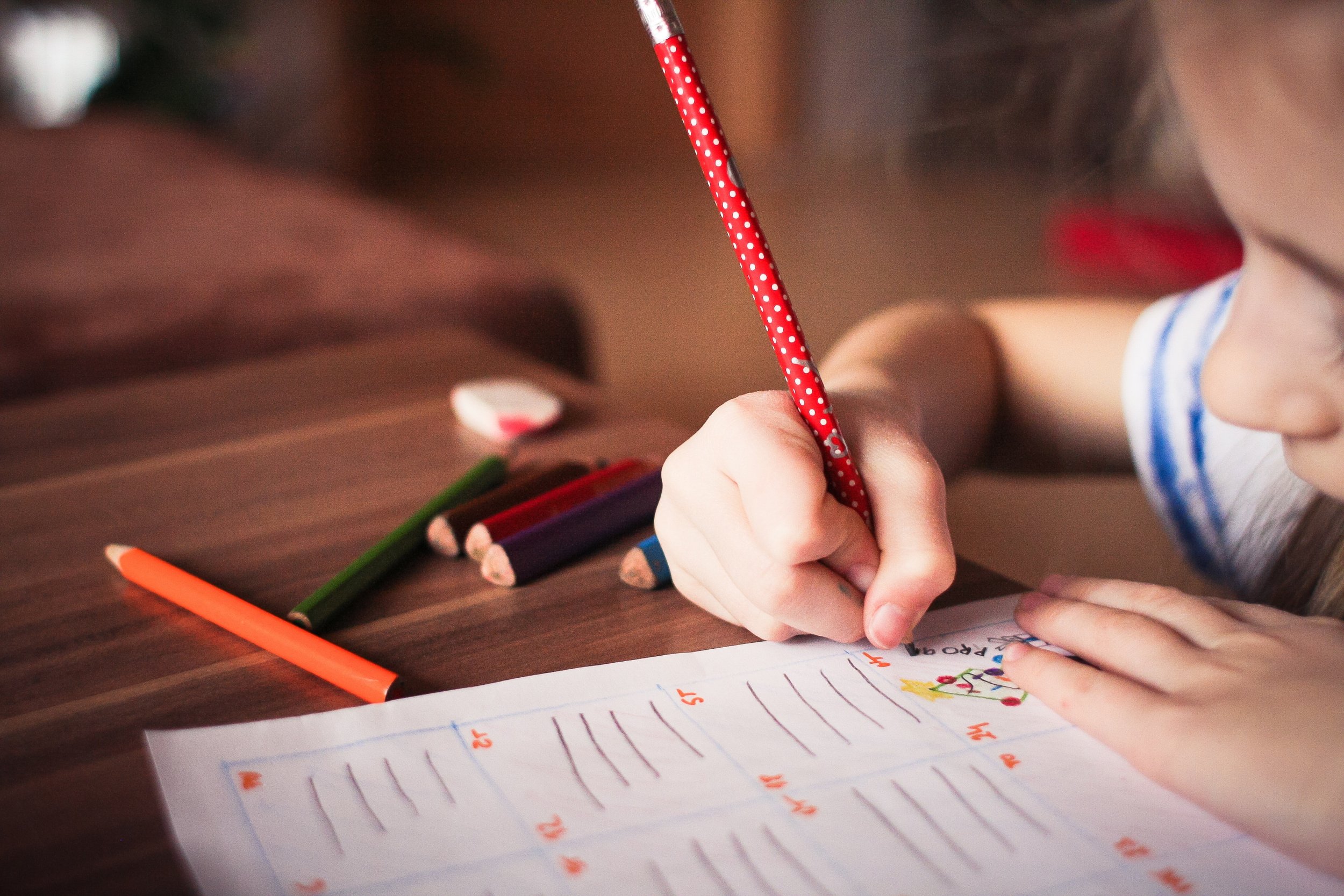
Blog
Check our posts below!
More Common than you Think: Learning Disorders & Anxiety
Often times, children with learning difficulties experience heightened symptoms of anxiety. The academic struggles combined with (real or imagined) social, emotional, or behavioral fears can become debilitating for a child. As a parent, it is hard to see your child suffering academically, emotionally, and socially. Therefore, gaining a better understanding of the connection between learning disorders and anxiety is a vital step in aiding your child and increasing their confidence and overall ability.
MythBusters: Dyslexia
Dyslexia is a language-based learning disability that affects reading, writing, and spelling. When families seek out an evaluation due to concerns about their child’s reading or writing performance, dyslexia is one of the primary diagnoses that comes to mind for many practitioners. About 85% of students referred for special education services are students with literacy difficulties that may be dyslexia. Dyslexia is the most common learning disability.Given its prevalence, it is perhaps surprising that there are still many myths that persist.
The What and Why of Neuropsychological Evaluations
If your child has had difficulties in school or you have concerns about their development, you have likely been referred for a neuropsychological evaluation. To many parents, this daunting, new recommendation has you imagining your child hooked up to machines for neurological imaging and observation. When in fact, these evaluations require no fancy machines and are often fun for kids. We want to answer common parent questions about these evaluations and clear up the confusion.




